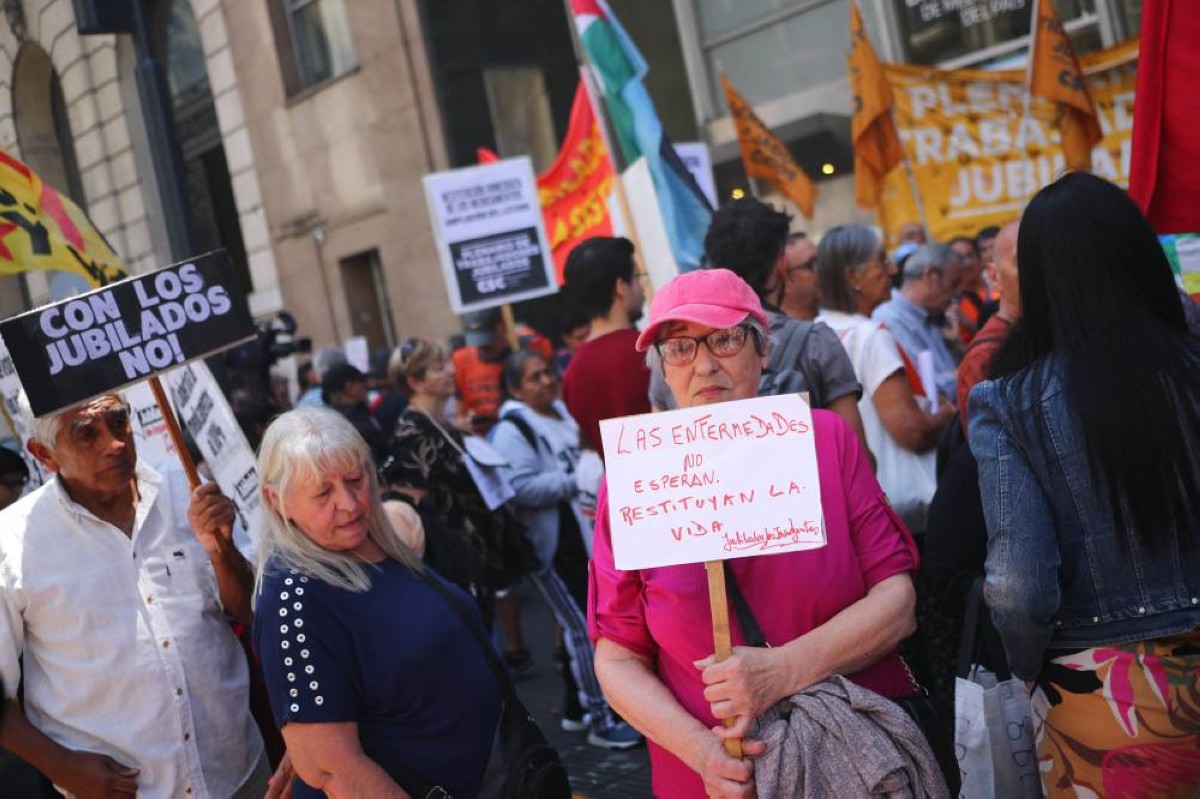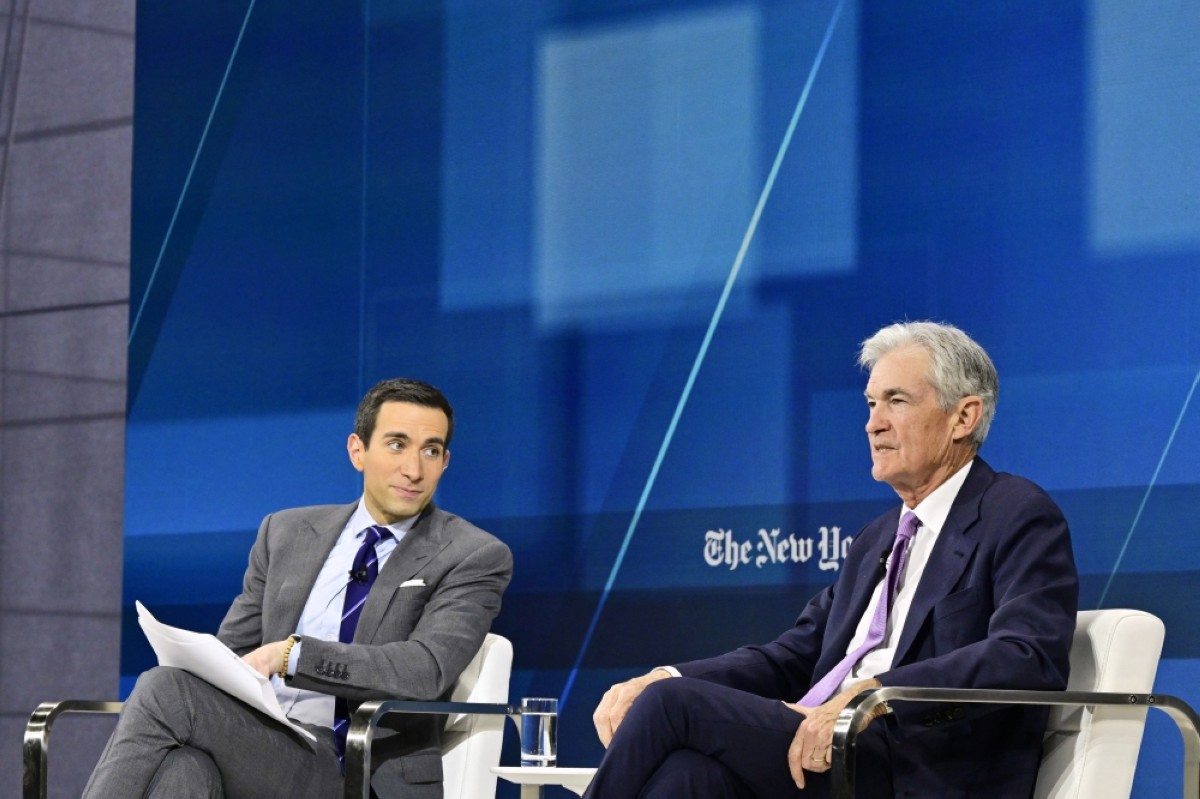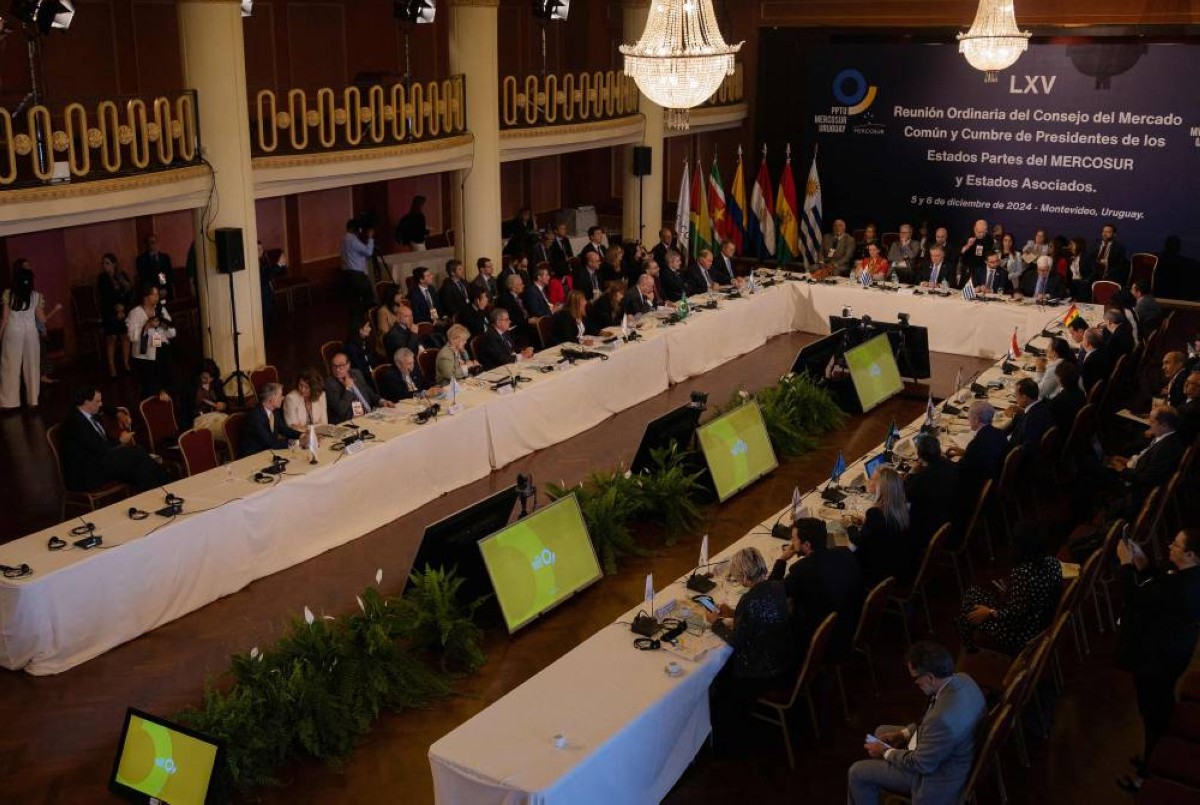Lebanon's central bank boss crisis looms ahead amid meltdown
News report by Ayyoub Khaddaj BEIRUT, June 18 (KUNA) -- Lebanese central bank governor Riad Salameh's term of office ends in late July amid government failure to pick a successor while the country is embroiled in a serious state of economic and financial turmoil.
The problem is mainly due to the fact that Lebanon has been left with no president for a long period of time as the parliament has recently ended its 12th session without naming a new President for the country.
This has been the 12th session since former president Michel Aoun left office in December 2022.
In addition, the current caretaker government cannot name persons in leading posts as per the country's law, and, unfortunately, there is no definite legal mechanism to fill the long-lasting vacuum.
Lebanon has been suffering from an unprecedented financial crisis amid a shortage of foreign reserves, with the Lebanese national currency losing as much as 98 percent in value since late 2019.
Lebanese financial experts are concerned that the national currency of lira could record further collapses in the coming period amid the country's political, economic and financial crises.
In this context, former minister of economy Alain Hakim opined that the significance of the post of the central bank's governor unequivocally stems from the bank's role in running monetary and financial affairs, and overseeing the implementation of monetary policies.
The central bank's role is also chiefly based on the application of the government's economic vision that outlines Lebanon's financial and monetary orientations, he told KUNA, underlining the importance of legislation in the financial domain.
The position of the central bank's governor, though significant, does not have any direct impact on the country's overall economy, given that Lebanon has official and unofficial markets.
Also, the post has nothing to do whatsoever with the problem triggered off by the fact that there are various exchange rates of the local currency against foreign currencies, he lamented.
For his part, Secretary-General of the Union of Arab Unions Wissam Fattouh said the Lebanese central bank would keep seeking hard to hedge the banking system against looming bankruptcy.
Elaborating, Fattouh said the central bank has recently issued instructions for the country's banks to continue working normally until the entire sector is restructured.
Regardless of the expected vacuum of the governor's position, the bank would definitely keep its main task of reining in the country's financial meltdown and controlling the exchange rate of the US dollar versus the national currency of lira, he told KUNA.
Fattouh pointed out that the central bank's board, which is chaired by the governor, comprises four deputy governors, along with the general managers of the ministries of economy and finance.
For his part, Maurice Matta, a Lebanese economist, expected that once the current governor's term expires in July, his first deputy will take over so smoothly.
He admitted that the post of the Lebanese central bank's governor has become "crucial" due to the country's current economic and financial circumstances.
The bank's present monetary policy, mainly measures pertinent to the banking system and the exchange rate, would be kept intact during the coming period, he underscored.
Lebanon's long-standing economic turmoil is unquestionably due to the country's political crisis and repeated failure to name a new president, rather than the vacant post of the central bank's governor, he concluded. (end) ayb.mt.











